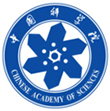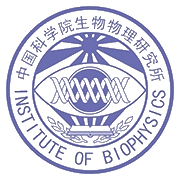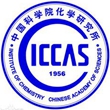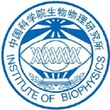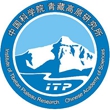Sessions 3:Life Sciences
Jiayang Li

Character introduction
Dr. Jiayang Li is a professor of plant molecular genetics in the Institute of Genetics and Developmental Biology, Chinese Academy of Sciences since 1994. Dr. Li has been focused on systematical dissection of key genes regulating rice plant architecture and grain quality, elucidation of their molecular mechanisms and the genetic regulatory network, and application of this fundamental knowledge to breed new high-yield elite varieties. Dr. Li has made seminal achievements in understanding plant architecture, hormonal signal transduction, and biosynthetic pathways of plant hormones, rice grain starch, cell walls, fatty acids, and other important compounds. These original findings have resulted in more than 130 publications in top scientific journals including Nature, Nature Genetics, Nature Communications, Nature Plants, Cell Research, PNAS, Plant Cell, Molecular Plant, Science China, and Chinese Science Bulletin, and some have been awarded as China's Top Ten Scientific Advances and/or China’s Top Ten Scientific and Technology News Events in 2003, 2010 and 2014. Dr. Li was awarded prizes including the National Natural Science Award (First Class) in 2017, Future Science Prize, Life Science in 2018, Qiu Shi Outstanding Scientific Research Team Award in 2017, the TAN KAN KEE Science Award in 2018, the National Natural Science Award (Second Class) in 2005, the Outstanding Science and Technology Achievement Prize of the Chinese Academy of Sciences in 2013, and the highly cited researcher in 2014 and 2018.
Topic: Molecular Bases of High-yield Superior-quality Rice and Breeding by Design
Abstract Rice is the most important staple crop in China and an ideal model plant. However, to meet the security of food supply, the crop yield per unit area has to be increased by 50% before 2030. How to increase yield and improve quality has been the major challenge in rice research and breeding. Grain yield and quality are complex agronomic traits regulated and coordinated by multiple genes, and therefore it is a great challenge to elucidate the regulatory network and further improve yield and quality in rice. My lab have characterized key genes regulating rice plant architecture, which is crucial for grain yield and determined mainly by tiller number, plant height, tiller angle, panicle size and grain number, cloned Ideal Plant Architecture 1 (IPA1), a key regulator that defines rice plant architecture, elucidated the molecular basis of rice ideal plant architecture, and improved rice grain yield through applying its and other beneficial alleles. Moreover, my lab pioneered in developing association analysis in rice to reveal the genetic network regulating rice eating and cooking quality, and elucidated the molecular mechanisms of resistance starch biosynthesis and storage stability of rice grains. Based on this, my lab and collaborators have made enormous efforts in translating the knowledge from basic research to applied technology and then to agricultural production by developing and breeding high-yield superior-quality rice through rational design. These results demonstrate that this system could truly speed up the rice breeding course and generate new super rice with multiple advantages. However, to fully meet the challenge of food supply, more efforts need to be made by providing more genetic resources and designing different allele combinations to meet the unique demands in different regions in China.
Previous Bernhard Schmid
Next last_page
